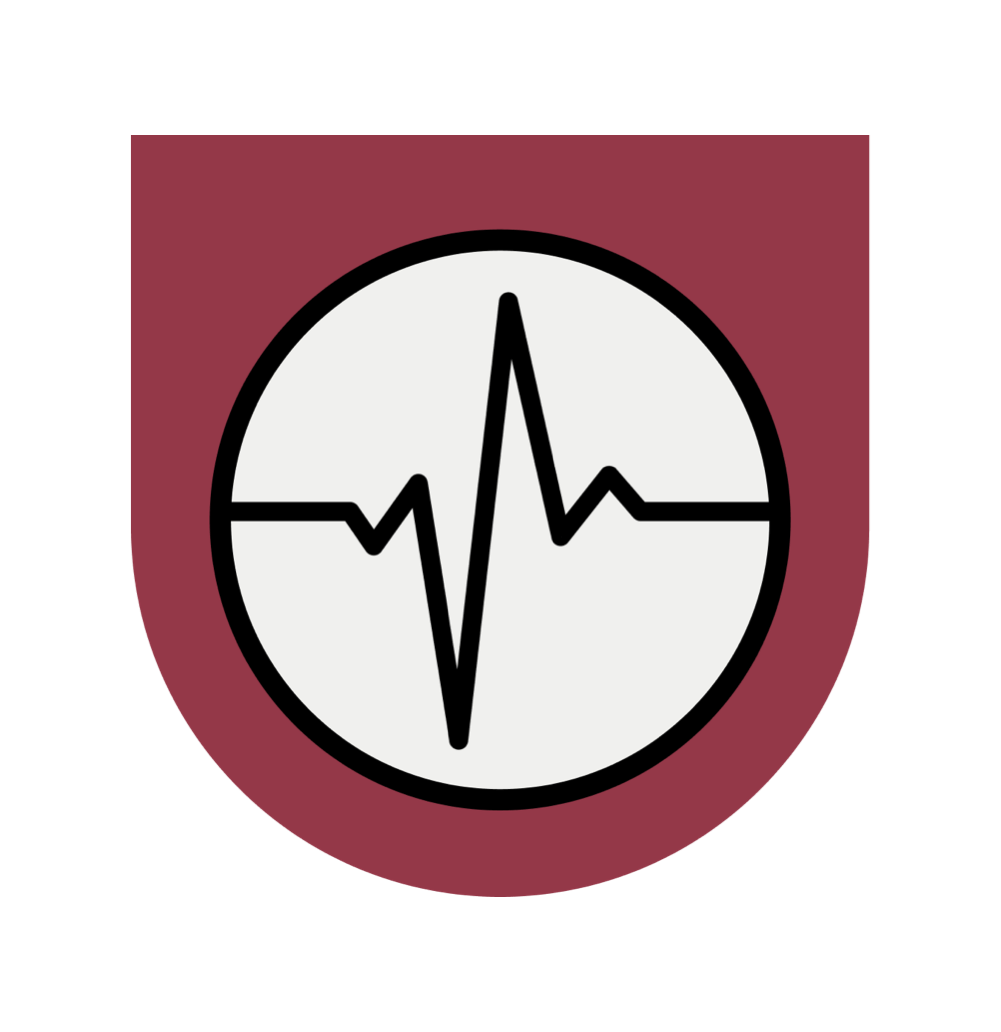Follow our Olympics coverage in the lead-up to the Paris Games.
ABU DHABI, United Arab Emirates — LeBron James was genuinely thrilled to see Stephen Curry in that Bellagio hotel ballroom in Las Vegas on the eve of Team USA training camp.
Born in the same Akron, Ohio, hospital nearly four years apart, co-authors of the last great NBA rivalry, co-inhabitants of the league’s C Suite as the two most famous, respected and decorated active players, they were to join up as co-chief executives of the American Olympic team as teammates for the first time, outside of a meaningless All-Star Game.
“’Bout time, ’bout (expletive) time,” James, in a denim jacket and do-rag, said to Curry, wearing a plain white T and a black vest, when they saw each other the night of July 5, with cameras rolling and a boom mic hanging over them.
It was nearly one year ago, in late August 2023, when James called Curry to see if he was interested in joining him on the Olympic team. Now, granted, at the time of the call, there was no Olympic team yet. USA Basketball was engaged in the FIBA World Cup, a wholly separate team and event, and it is typically not up to players as to who makes the 12-man roster for any U.S. national team.
But a player the caliber of James, or Curry? If they say they want to play for Team USA, they aren’t going to be told no.
James, 39, has played 21 NBA seasons, is the sport’s all-time scoring king, a four-time champion (on three different teams; no one had led three franchises to titles before James did it), a four-time MVP and a league-record 20-time All-Star. James co-anchored the Redeem Team in 2008 and is a two-time Olympic gold medalist, as well as USA Basketball’s all-time assists leader. He is, and has been for many years, widely considered the “face” of the NBA.

Free, daily sports updates direct to your inbox. Sign up
Free, daily sports updates direct to your inbox. Sign up
Curry, 36, has changed in 15 NBA seasons how the game is played — not only in the NBA, or America, but also around the world. He revolutionized the sport with a relentless aerial assault of 3-pointers, making (and shooting) more of them than any other NBA player ever, though it would be selling him way short to simply call him a great shooter. Curry encapsulates greatness as a winner (four NBA championships), performer (two-time MVP, 10-time All-Star) and as the steward of the Golden State Warriors’ dynasty.
The two of them wearing USA jerseys at the same time, sharing the same practice courts at the University of Nevada-Las Vegas, or at New York University’s campus in Abu Dhabi, or on the biggest sports stage in the world, the Paris Olympics, is or will be a surreal sight for anyone privileged enough to see it, including their teammates.
“It’s just cool, I’m not going to lie,” said Tyrese Haliburton, a Team USA guard at the tender age of 24. “It’s pretty dope just for me, like when I was a kid, just watching those guys playing the finals every year. I think the more time I’m around them, the more I’ll hear stories and stuff, and that’ll be really cool because those are things that I probably wondered about when I was 15, 16.”
Will Haliburton hear about when James and Curry didn’t like each other too much? Unlikely, but it happened.
Perhaps measuring the relationship in terms of “like” or “dislike” is the wrong metric. When Curry was starring in college at Davidson, and leading the small school on a ride through the NCAA Tournament in 2008, James, already an established megastar, attended one of Curry’s games. When Curry was a rookie with Golden State in 2009-10, James invited him to his house in suburban Cleveland on an off night for the Warriors and Cavs. Curry said he could call on James occasionally for advice.

LeBron James congratulates Stephen Curry after the 2017 NBA Finals. The two stars met in four straight finals from 2015 to 2018. (Jesse D. Garrabrant / NBAE via Getty Images)
But from 2015 through 2018, James’ Cavs and Curry’s Warriors met every June in the NBA Finals. The first three of those series were remarkably tense, and the stress spilled onto how James, and the people close to him, thought of Curry at the time, and vice versa.
In 2015, James’ short-handed Cavs took a 2-1 series lead, only to be overcome and outlasted by a healthier, deeper Warriors team. The next year, Cleveland became the only team to ever recover from a 3-1 deficit in a finals to win; James spearheaded the comeback. And then Curry recruited Kevin Durant to the Warriors, and while they beat Cleveland in five games the following finals, the series turned on Durant’s 31 points in Game 3, including a game-winning 3-pointer over James.
From the end of the ’15 finals, just about until the nanosecond the Cavs won in ’16, people close to James often scoffed at Curry’s rising star, suggesting that Curry unfairly escaped the scrutiny James was constantly under. In an extended celebration of the 2016 championship, James hosted a Halloween party the following October with cookies decorated as tombstones, with Curry (and, to be fair, other Warriors stars) engraved on the treat.
On the other side, people close to Curry often pointed out how much drama seemed to follow James’ teams, whether it was on the Cavs, or even before that in Miami. On Martin Luther King Jr. Day in 2016, Curry’s Warriors played their first game in Cleveland since clinching the ’15 finals there seven months earlier, and Curry infamously quipped about the visitors locker room: “Hopefully, it still smells a little bit like champagne.” After the Warriors won in 2017, Curry was caught on a cell phone video at Harrison Barnes’ wedding mocking James as a dancer — with James’ about-to-be former teammate Kyrie Irving laughing hysterically.
Both Curry and James acknowledged that there was a certain tension between them that has dissipated.
“It was like a healthy resentment of somebody that’s standing in your way,” Curry said. “But through it all, like there’s obviously the utmost respect for who he is as a person and a player and like how good he is and the challenge of trying to beat him and trying to solve that problem every year.”
James nodded in agreement when a reporter suggested an apparent rivalry existed between him and Curry years ago, though he said the idea that “they should hate each other” was a false media narrative. James went on to explain why he wanted to make sure it never came to that between him and Curry.
“The game of basketball don’t last forever,” James said. “You don’t want to waste the opportunity to be able to have a relationship with someone.”

Team USA gives LeBron James and Stephen Curry a rare opportunity to be teammates. “There’s obviously the utmost respect for who he is as a person and a player,” Curry says. (Ethan Miller / Getty Images)
James said he and Curry “understand” that NBA fans, and media, for that matter, of a certain age still viewed how players should act toward each other through the lens of the Larry Bird-Magic Johnson rivalry of the 1980s, or of Michael Jordan’s contempt for virtually all opponents when he dominated the 1990s.
“A lot of y’all maybe grew up in the Bird-Magic era and we shouldn’t like each other, but I’m also (aware) enough to know that Isiah (Thomas) and Magic hugged and kissed each other on the floor too because it was just mutual respect,” James said. “They say Michael never talked to any of his opponents, but I’m also smart enough to know that him and Charles (Barkley) had a lot of conversations during the ’93 finals and also played golf against each other.
“So I don’t want to lose those moments (with Curry).”
James and Curry have said over the last two weeks that they’ve enjoyed watching each other in practice, gleaning how each transcendental superstar goes about his work and learning more about who they are (or, to be more precise, who they’ve become since those finals battles) off the court.
Durant, another Team USA superstar, said the relationship between James and Curry is stronger because of the tension from the previous decade, when they commanded record TV audiences in June and otherwise co-opted the center of the basketball universe, with split headquarters in Cleveland and San Francisco.
“He ain’t young Steph no more, and he’s not the Bron that you were looking up to no more — you become competitors,” Durant said, explaining how he viewed whatever it was that used to exist between James and Curry. “I think that respect level goes up even more. I think they became better friends now than they were when they went through that experience, competing with one another and being rivals, if you call it that.
“You could see that, you can see how much they respect one another.”
It is about (expletive) time.

GO DEEPER
Anthony Davis’ solid play for Team USA creates a tough question for Steve Kerr
(Top illustration: Dan Goldfarb / The Athletic; photos: Giuseppe Cacase / AFP / Getty Images, Joe Murphy / NBAE / Getty Images)



